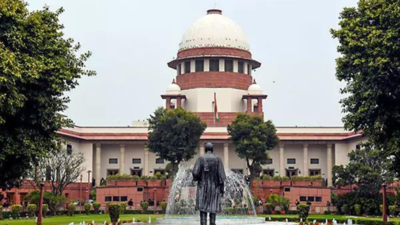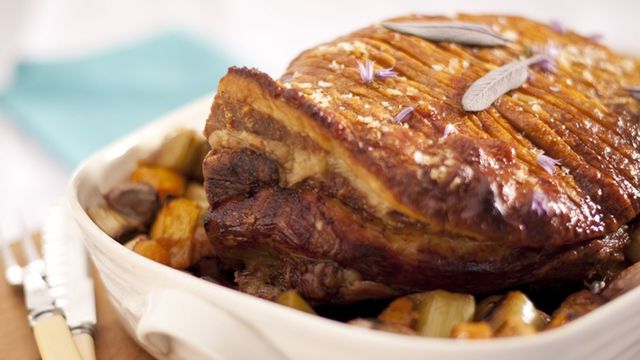
THIS week, the Night Time Industries Association sounded a warning that, unless urgent action is taken to halt the alarming rate of nightclub closures across the UK, then the very existence of clubbing is at risk by the end of this decade. They say we are currently losing venues across the UK at a rate of three per week. In Scotland , there are now just 82 nightclubs left, down from 125 in 2020.
Of course, this is before the impact of the UK Government’s changes to national insurance which will hit these venues financially too. Since the pandemic, Glasgow has lost the likes of the Blue Arrow Jazz Club and the 13th Note Cafe. Larger venues are being impacted too, including The Shed nightclub which was forced to close its doors last month, and The Garage nightclub which has recently reduced its opening hours.
For a city like Glasgow which has built a global reputation for great nights out and for supporting a huge array of musical talent, the consequences are stark unless the trend is reversed. Scotland-wide, night-time industries contribute more than £10 billion to the economy each year as well as supporting more than 137,000 jobs. Much of this is generated in Glasgow.
Venues, from King Tut’s to the Sub Club, as well as providing a place to dance, also contribute massively to the identity of our city, help to inspire and nurture creative talent, and support a wider cultural ecosystem. There can be no better illustration of this than the life and legacy of Jack Revill, aka Jackmaster, a Glaswegian who achieved international fame and acclaim as a DJ and producer, and who tragically died last month at the age of 38. Glasgow’s clubs and electronic music scene inspired Jack and helped develop his taste and talent, and he in turn used his global platform to elevate them – most notably the Sub Club, but also record shops and labels including Rubadub Records, Numbers, LuckyMe and Soma Records.
My colleague Christy Mearns, the Depute Lord Provost, is a longstanding champion for grassroots music and she brought a motion to Glasgow City Council this week calling for urgent action on this issue. In particular, she is leading calls locally for a new levy on the biggest stadium and arena gig tickets, to help raise money for grassroots music venues. This is an idea from another campaign charity, the Music Venues Trust, which says a £1 per ticket levy could raise millions and keep alive the smaller venues, without which there would be nowhere those who go on to be megastars could “cut their teeth”.
Greens want this to be supported and legislated for nationally in Scotland and across the UK, but we also have an opportunity to trial it here in Glasgow, given that the council is the biggest shareholder in the SEC complex, which is home to the Armadillo and Hydro. This would be a positive and practical step the council could do to help grassroots clubs and venues in the city. Glasgow is turning 850 next year and music will play a big part in those celebrations, but unless we act now to help the city’s music and club scene, there’s a risk that instead of creating glorious harmony, the city will sound more than a few bum notes.
.














